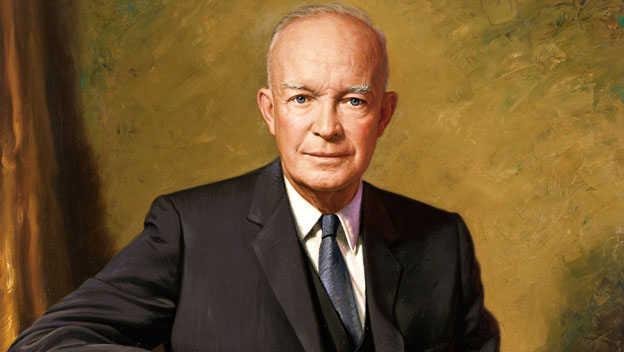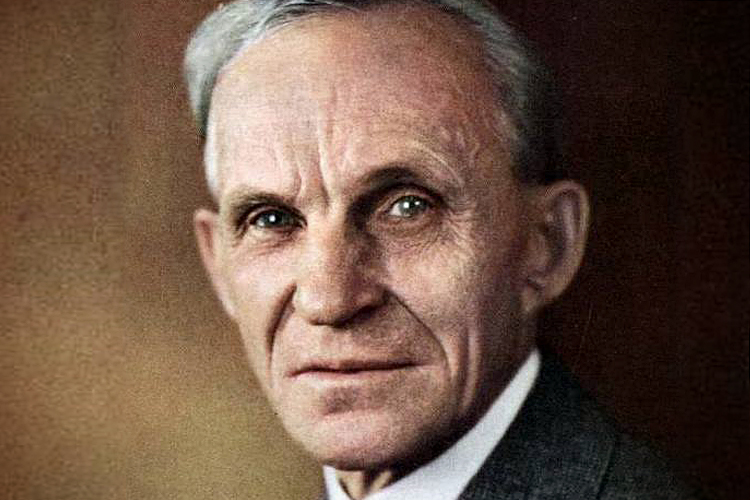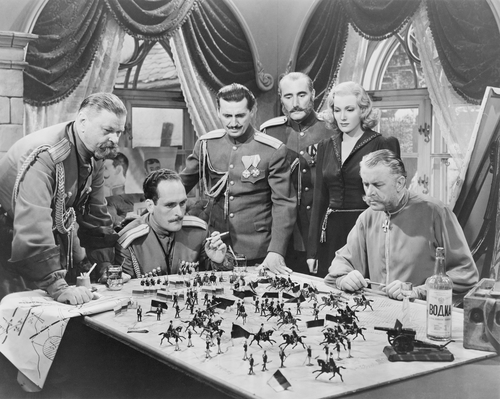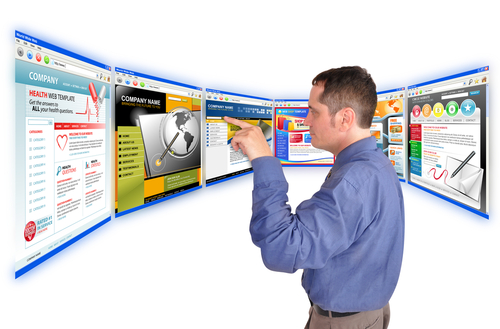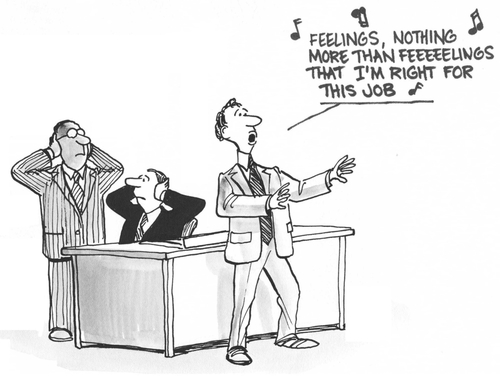INTERVIEW STRATEGY
An interview is a big event.
If you are interviewing for your dream job, it is potentially a life changing event. It possibly ranks up there along with getting married and having children as amongst the few key life events that really shape your existence.
Most people put a huge amount of effort into planning the important things in life – their marriage, their family, even their holidays.
But I am constantly shocked how little effort people put into planning for an interview. What’s more, whenever I mention interview strategy, most people look at me as if I am talking a foreign language. As if the concept of having a strategy for an interview is totally alien!
In this article I will explain why you need an interview strategy, what a strategy looks like, and the component parts of the interview process.
Why you need a strategy for your interview
There seems to be a prevailing assumption that the interview is the easy bit that comes at the end of years of study, or years in an existing role. Either way, it is often assumed that the accumulation of relevant expertise and knowledge is what will get you hired.
If you possess rare if not unique talent, then this might be the case. For example, the world’s foremost brain surgeon will be offered a job on the back of skills and experience, practically irrespective of the way he/she may come across at interview.
For the rest of the 7+ billion of us, this is clearly not the case. If you are applying for a job, and have won through the initial selection process to an interview, you will be competing with multiple other equally skilled candidates.
The fact is, once you have succeeded in securing an interview, your CV has already done its job and is of little further value. By far the most important factor determining your chances of being offered a job (or the next stage of interviews) is how you perform at the interview. This might seem obvious to you, but I cannot emphasise this point enough.
So if it is critical to perform brilliantly at an interview to have the best chance to get hired, what next? Well it surely follows that you have to have a gameplan, or a strategy, to perform.
And those who have the best strategy, other things being equal, will have the best chance to get hired. In fact little will be left to chance, because if you get your strategy right, every facet of the interview will have been pre-prepared.

What does an interview strategy look like?
Essentially, there are two aspects to explore here.
The first aspect is to understand the interview process from A to Z. This is simply an objective recognition or mapping of the standard components of an interview (researching the organisation, managing the first impression, handling tough questions, being memorable etc). I will go into this A to Z process in detail in a moment.
The second aspect is to recognise your own specific strengths and weaknesses, i.e. an exercise in self awareness. Maybe you are brilliant at answering technical questions but struggle with nerves. Maybe you have a great personality but struggle to ask powerful questions. Everyone is unique and has their own strengths and weaknesses.
The interview strategy is then the interplay between these two aspects. Look at each of the A to Z components, compare them against your strengths and weaknesses. Then map out a game plan to ensure, come interview day, you are not exposed anywhere, and can be somewhere between competent and great at every stage. This is your interview strategy.
The A to Z of the interview process
After years of interviewing candidates (and interviewing for jobs myself), I have identified 9 key aspects of the interview process. Look through each of them and assess them versus your own strengths and weaknesses. Identify what parts come easily to you, and where you need to focus most attention ahead of your interview. Refer back to my interview tips for specific, detailed advice on these topics.
1) Pre-interview research. You MUST read up on the company you are applying for. The company website is just the start. Get an edge by looking at their communications in social media, read the annual report, look at the latest quarterly results. Check the stock price, and what is driving it. Better still, find people who work there and get an insider’s view on culture, strategy, CEO vision etc. Seriously, devote hours and hours to this aspect, this is the foundation of a strong interview.
2) Managing nerves. Nerves are inevitable. An interview is an important event and you will get butterflies, irrespective of how prepared you think you are. The trick with nerves is not to fear them, but to embrace them. You are nervous because you are out of your comfort zone and have the chance to take a big step forward in your career. This is a good thing! So welcome the fact that you are, because this tells you that you are doing something really important.
3) The first impression. Whenever I interview someone, I have an instinctive feeling inside of 60 seconds as to whether they stand a chance to get hired. Everyone I speak to who hires people says the same thing. The fact is, if you make a bad first impression, it is incredibly difficult to recover. So pay close attention to every single aspect of what makes a first impression, to give your interview the best possible start.
4) Body language – and eye language. How you walk, how you sit and how much eye contact you make all convey messages to your interviewer’s subconscious mind. You might be saying “I’m really untrustworthy” or “I’m not a team player” without even knowing it – key subliminal triggers that will influence your interviewer’s decision on you. Understand the importance of body language and eye contact, and harness them to your advantage.
5) Handling difficult questions. Interviewers love asking tricky questions. They want to test your mettle, not just to see if you know the answer, but also to see how you manage yourself when you don’t. Do you make something up? Panic? Or come up with a reasonable reply? So this part of your strategy is not just researching the likely tricky questions that could crop up, but also developing a credible technique to deploy when you don’t know the answer.
6) Asking great questions. Your interviewer will always ask you, normally towards the end of the interview, “Ok, so any questions for me?”. Time and time again I hear weak, banal, pointless questions, or even worse: “No, we’ve covered everything already”. The fact is, this is a great opportunity for you to ask some penetrating, profound questions which, when crafted well, can showcase your potential and suitability for the role. This part of the process is rarely mastered, and is your chance to stand out.
7) Being memorable…in a good way! Interviewers will always be seeing multiple candidates for a role, sometimes more than ten, and often on different days. You don’t want to be the first guy in the queue, do well, but risk being forgotten about because your interviewer can’t really remember anything specific about you. I have sat in graduate recruitment days where 40 or 50 have been through the process, and at the end of the session, struggled to recall much about half of the candidates I saw! So work on techniques to ensure your interview is, for good reasons, memorable.
8) Finishing strongly. You want to be the complete athlete, a distance runner with a sprint finish. You want to close out your interview well. Don’t undermine great work in the middle of the interview with a sloppy finish, even if you are thinking halfway through that you have nailed it. Every single second in front of your interviewer is a chance to impress – or screw up. So learn some nice finishing touches that will ensure you leave the room on a high, and your interviewer writes down “Hired!”.
9) What to do if it starts to go badly. Even the best laid plans can go wrong. The most meticulous preparation may not prevent a curveball coming your way. Believe it or not, I was asked to lunch for an informal interview once, and a waiter dropped a drink all over me! I have seen candidates go into meltdown after making a couple of slip-ups. So the message is, plan for the best, but have some tricks up your sleeve in case something unexpected happens. Recover well, stay composed, and you may still be the strongest candidate left standing at the end of the day.
Think through these 9 elements. Ask yourself – honestly – where you may not be as strong as you would like to be. And work on it. Find the discipline to prepare thoroughly for every aspect above, and you will enter the interview super confident and ready for action.
To re-iterate what Henry Ford said at the top: “Nothing is particularly hard if you divide it into small jobs.”
Need help with your interview preparation? Download my FREE guide “101 Top Tips for Interview Success“
For the ultimate in interview preparation, contact me to discuss the option of Private Coaching
Image credits: Shutterstock

Join my mailing list to ensure you receive the latest interview advice and updates from interviewBuddy



